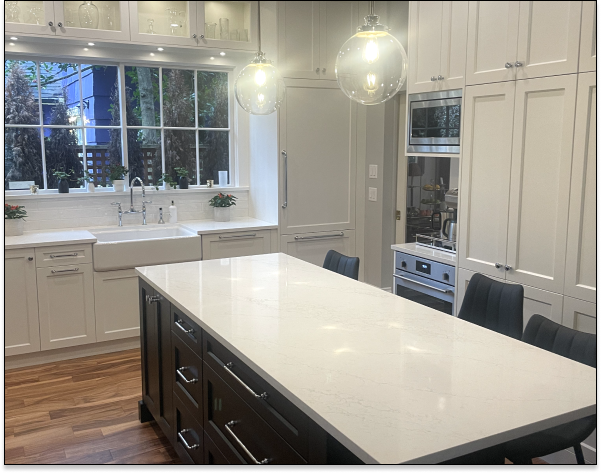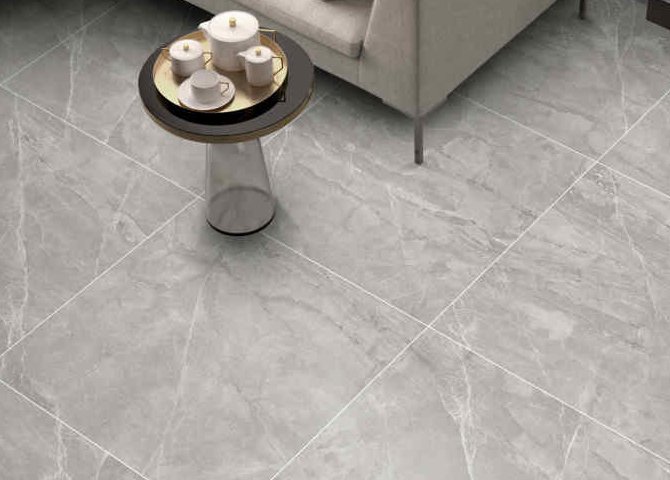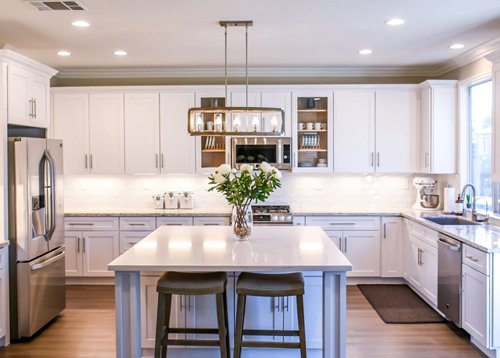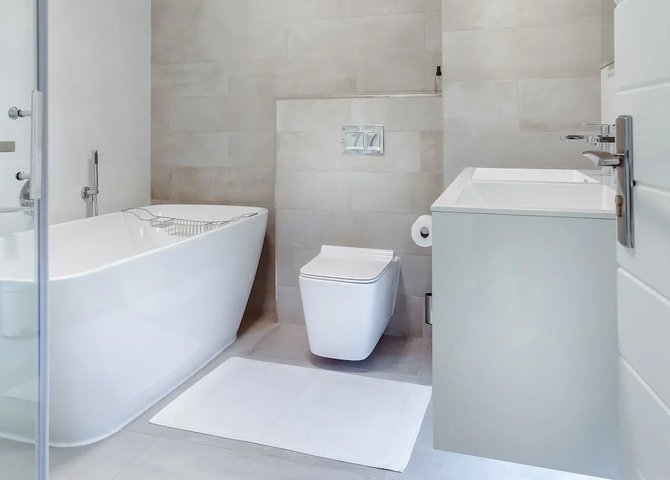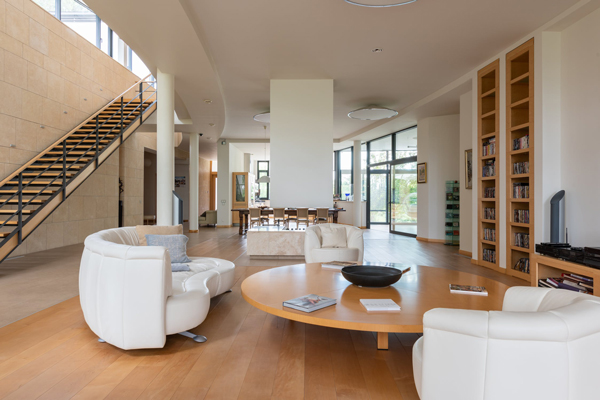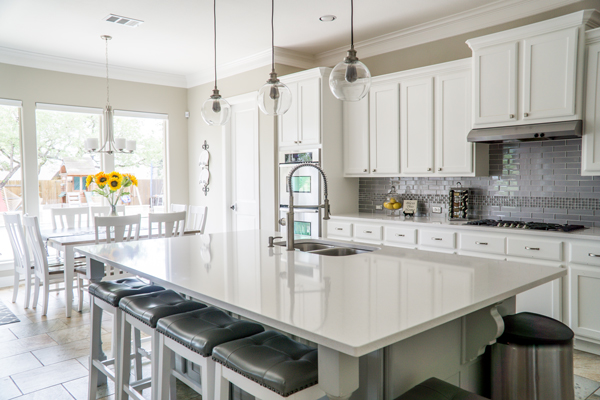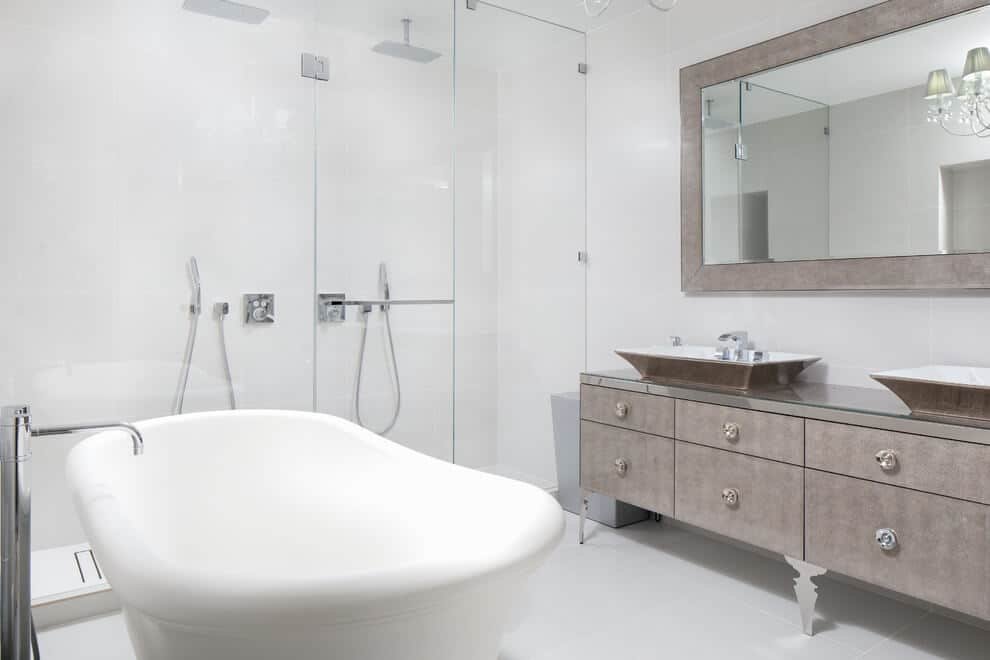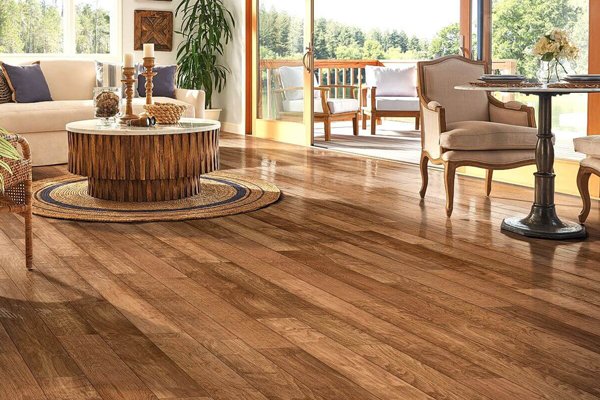Introduction
Choosing the right countertops is an essential part of designing a kitchen space, and it can be challenging. It’s like an investment often defined by your style and lifestyle. There are different types of solid surface countertops. Here is a guide discussing the various options for countertops available on the market.
Types of Countertops
1. QUARTZ:
Quartz stone, also referred to as engineered stone, is an artificial stone that is made by mixing quartz particles and other minerals and resins as binders. It is non-porous; hence, it does not require a sealant. Quartz is available in a wide range of styles, colours and patterns. It’s a strong material which is resistant to mould and mildew. The cost of a quartz countertop is higher than its counterparts, but it’s made up of its performance in the long run. It’s more heat- and stain-resistant than the other materials and more durable. There are various types of quartz countertops available on the market.
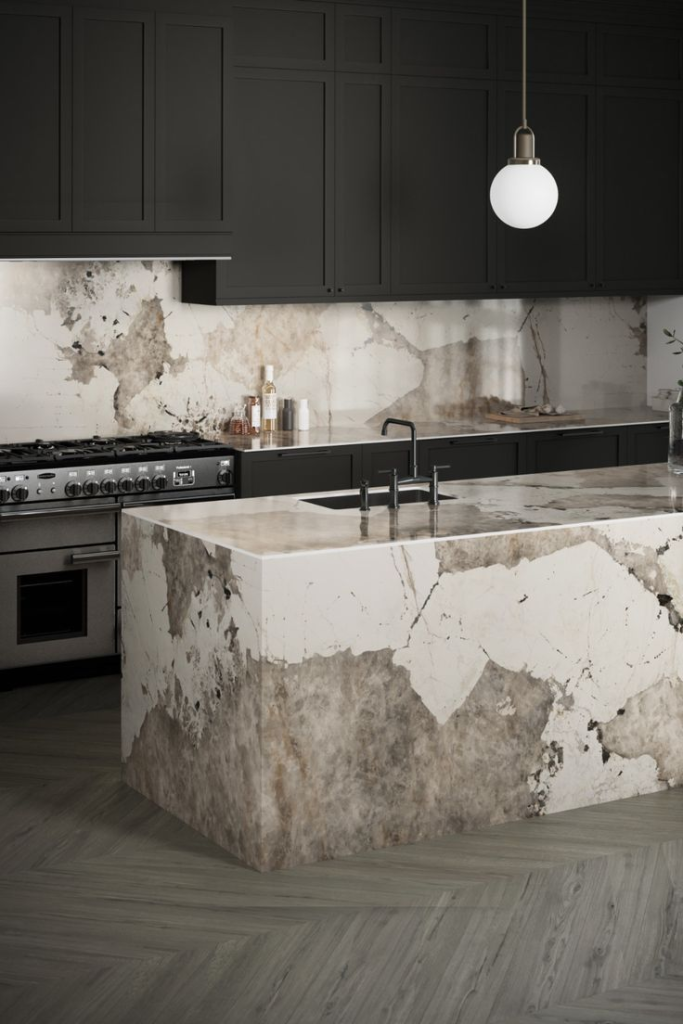
2.QUARTZITE :
Quartzite is a naturally occurring metamorphic rock. The stone is mined, sawn and cut into slabs. Quartzite is more porous; hence, it requires a sealant to protect it from heat damage and make it more stain-resistant. They need to be resealed once or twice a year. Quartzite is relatively more complex than quartz and, hence, more heat resistant. Installing quartzite can be tricky because cutting and moulding in specific shapes and patterns is not the easiest. It is best suited for the most basic style countertops.
3. SOAPSTONE:
Made from quarried stone, Soapstone is a softer alternative to granite stone. It is non-porous. Hence, it is an excellent option for busy kitchen spaces where there are a lot of spills and low maintenance is required.
Soapstone gets its milky appearance from the amount of talc within the stone. It is less brittle, reducing its chances of cracking under stress or weight. Soapstone is an expensive countertop option, but its look and features make it worth its price, and it is a durable option in the long run. When damaged, it gives the stone an antique-looking patina. It is suggested that homeowners oil the countertop once a month for the first year to allow the surface to oxidize and for the patina to develop.
4.GRANITE:
Another variety of natural stones popularly used traditionally for countertops is Granite. The natural stone is tough, durable, resistant to impact and can withstand abrasive damage. It comes in naturally beautiful finishes and is resistant to heat and damage. An exciting feature of Granite is that it can be cut in various edge choices like square, bevelled, half-moon, bullnose, etc. Since it is a natural stone, it is porous and needs to be sealed. It can be kept for decades if appropriately maintained, applying sealant every 2-3 years. There are different types of granite countertops on the market.

5. MARBLE:
This high-end kitchen countertop option is gaining appeal due to its look, particularly in the luxury segment. Marble is at par in price with granite. It’s a softer natural stone. While it is heat resistant and durable, it is more prone to stains and etches. The exciting thing about this stone is that no two marble slabs or pieces are alike. Hence, these countertop options must be used delicately and maintained well to retain that clean, contemporary and high-end appeal. There are different types of marble countertops. While they are more famous for their classic white look, they are now available in various colours and patterns. Marble is expensive to buy and maintain as the repair cost is relatively high.

6. CONCRETE:
Concrete countertops are made by pouring and setting concrete in desired shapes. They are very durable and do not chip easily. However, they can crack over time, but these cracks are generally easy to repair and can lead to some creative repair ideas. They are a good option for a rustic or industrial-style modern kitchen. The cost of a concrete kitchen slab is similar to that of quartz and its other counterparts, but it lacks the luxurious appeal it imparts. The porous nature of this material demands it to be sealed with a sealant to avoid any stains and damage caused by spillage and heat.

7. BUTCHER BLOCK:
A butcher block is made from wood pieces, which are bound together to create an enormous slab. They can be made from different types of wood, such as teak, maple, oak, walnut, etc. The finish can be chosen depending on the style of the kitchen. They bring a naturally rustic and warm feel to provide a farm-style chic design. Butcher blocks can be used both sealed or unsealed. However, The unsealed butcher block is susceptible to staining and needs to be cleaned immediately in case of any spillage. The unsealed butcher block needs to be oiled twice a year.

8. LAMINATE:
Laminate countertops are non-porous and don’t absorb bacteria. Laminate countertops are stain-resistant and budget-friendly. They are, however, easily damaged by the heat. Therefore, no hot pans should be kept directly on the laminate surface. Laminate countertops spoil you for choice. They come in various colours, patterns, and finishes.
They are an ideal option for renovating rental properties and budget-friendly housing. They are easy to clean and require low maintenance.
9. STAINLESS STEEL:
While they are great to work with, they are prone to denting and scratches. Also, cleaning them for spills and stains can sometimes be a challenge. They need to be cleaned frequently because their polished gloss surface shows even tiny spots like watermarks, etc. quickly. They are also expensive to install and generally require a professional installer.
A durable, non-porous, and traditionally popular choice for commercial kitchens, stainless steel countertops are a classic choice now in demand in residential spaces because of their industrial look.

10. CERAMIC TILES:
Ceramic tiles are installed by laying individual tiles over a cement board core with thin-set mortar. Ceramic tile countertops are a relatively inexpensive option. They are non-porous and hence resistant to stains. They are rugged, durable and resistant to heat. They come in a wide selection of colours, patterns and shapes. However, the size of the tiles often affects the functionality of this type of countertop as it’s hard to work with and clean the grout between the tiles, making it a tedious process to maintain this type of countertop.
11. SOLID SURFACE COUNTERTOP:
A solid surface countertop is a mid-ranged option made from acrylic and resin. Types of Solid Surface Countertops are endless. They come in multiple styles, including some exciting granite and marble replicas. While they are stain-resistant, they do not handle heat very well.
Best Type Of Kitchen Countertop
The most durable type of countertop is Quartz. Quartz is the best option if you are looking for a combination of quality, durability, and great value. Quartz countertops come in various patterns, making them ideal for any kitchen style. Granite is among the most heat-resistant materials used to create kitchen countertops. Laminate, on the other hand, is the most affordable countertop option.
Conclusion
In conclusion, there are multiple reasons for selecting a particular type of countertop: esthetics, utility, Design and maintenance, to name a few. While quartz and granite remain popular for residential spaces, Laminates are preferred for budget-friendly budget-friendly installation, and Stainless steel remains a constant choice for most commercial kitchens.
Explore the perfect finish for your space – click here to discover our exclusive countertop collection and special offers, or Visit our showroom in Vancouver.

